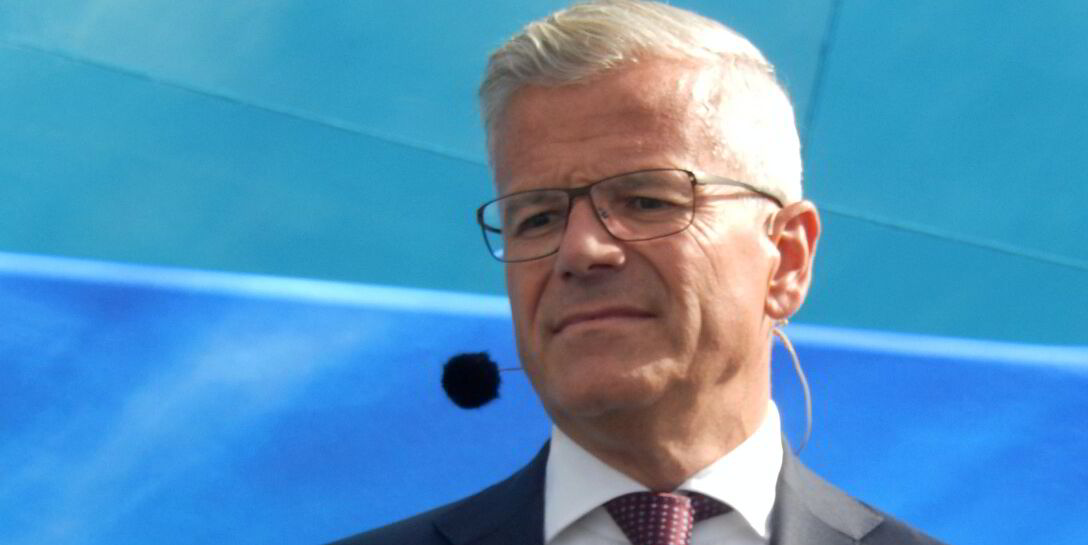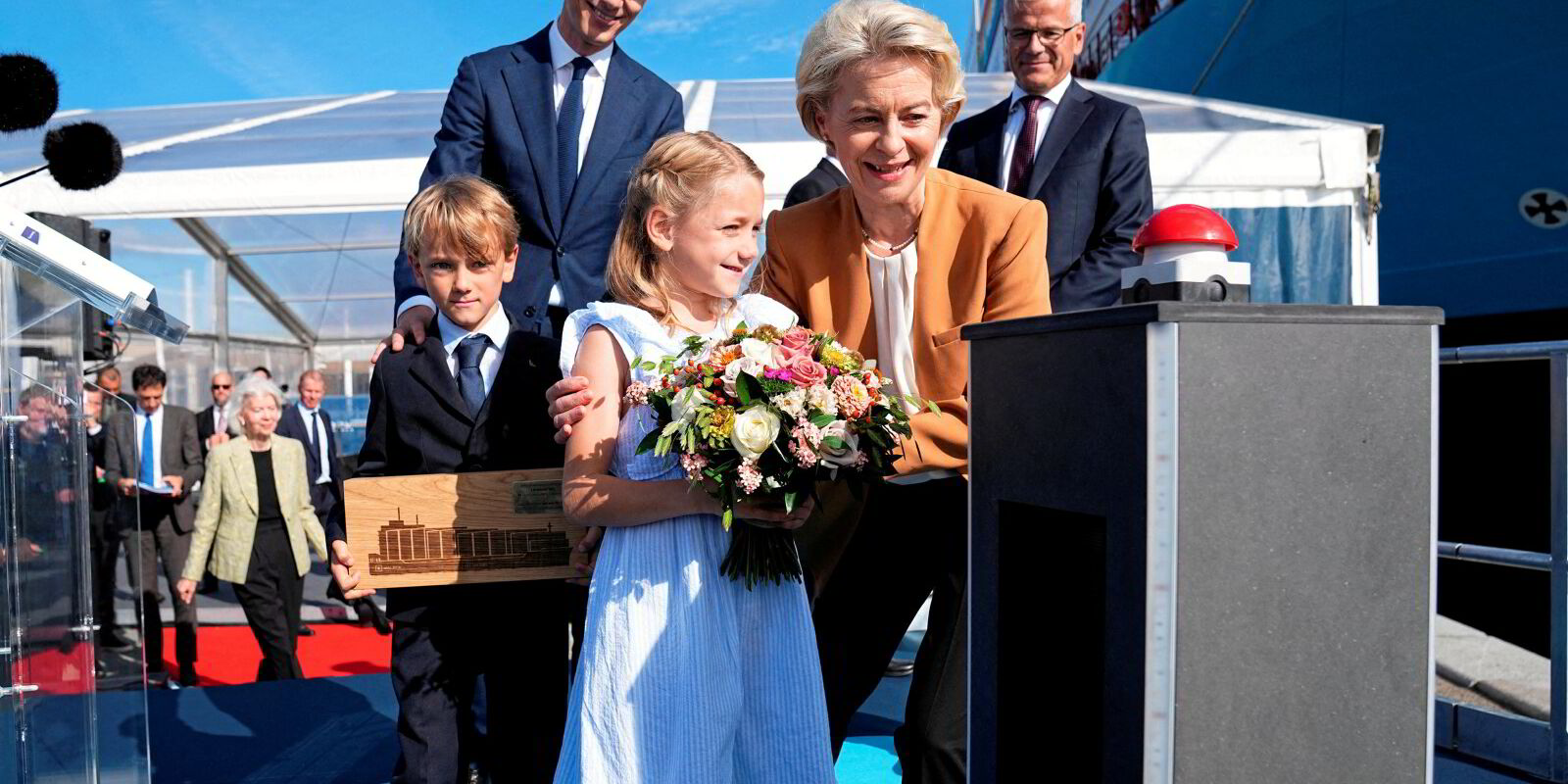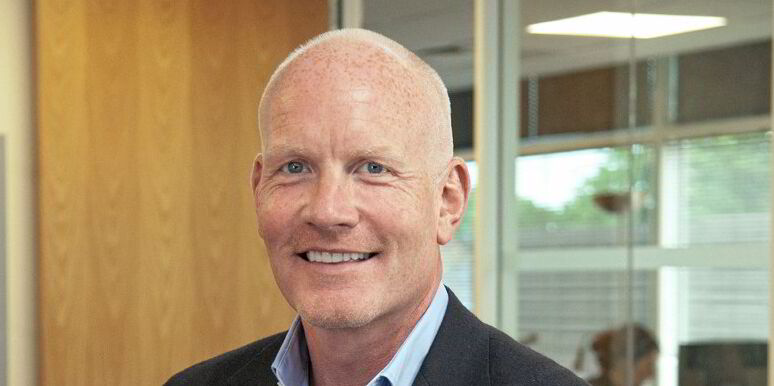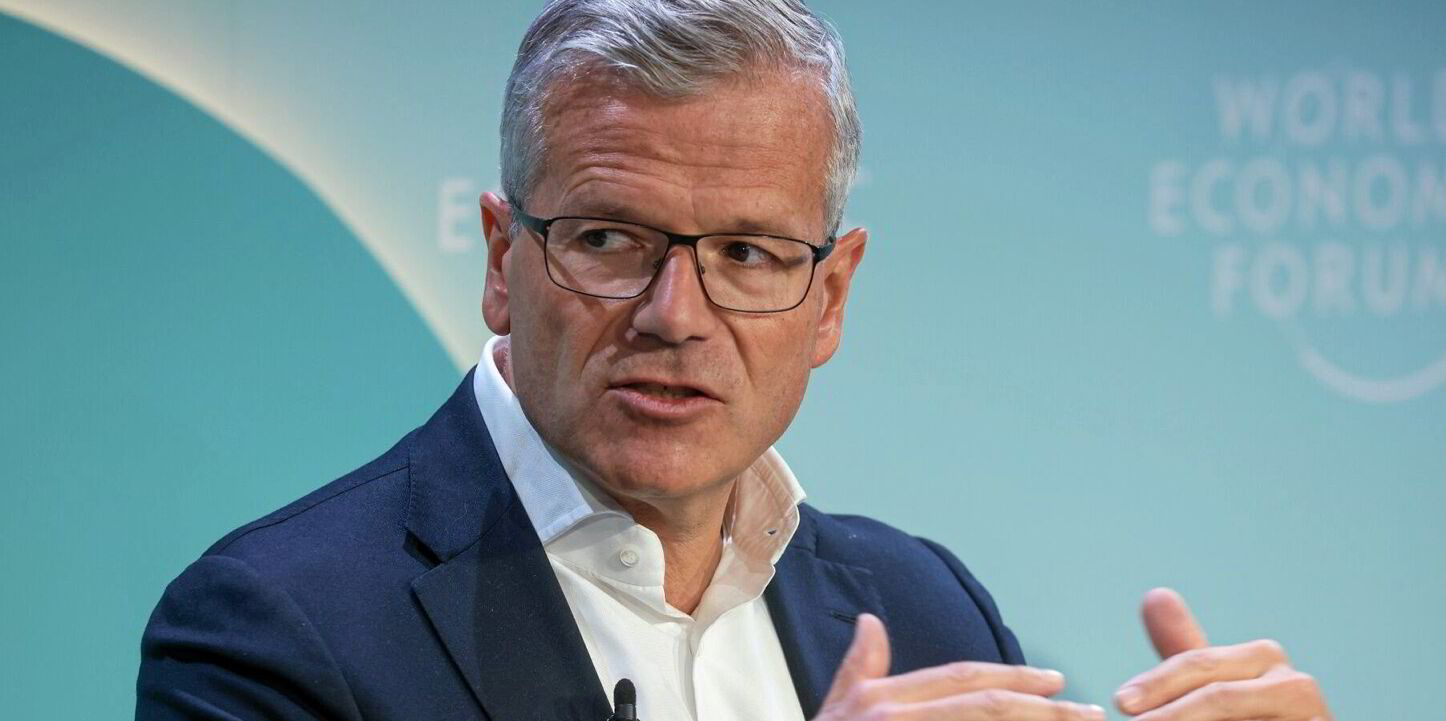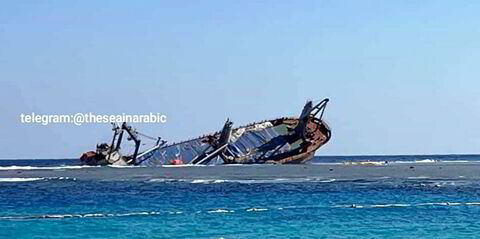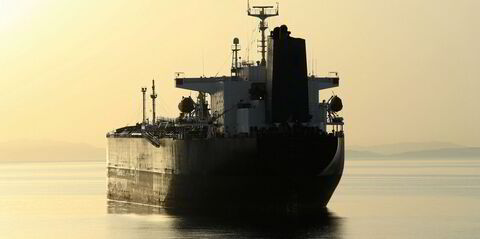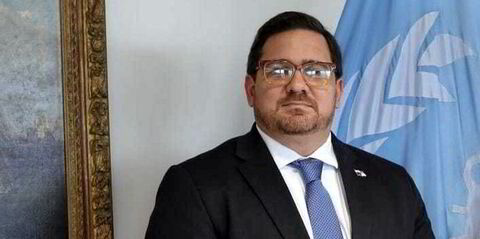AP Moller-Maersk will need to hedge its bets on green fuels on a new raft of newbuilding orders, chief executive Vincent Clerc said.
However, the Danish liner giant is not pinning its hopes on single fuel such as methanol, given the need to remain competitive, Clerc noted.
The company has committed to ordering or chartering 800,000 teu of dual-fuel vessels this year, he said.
These will be delivered from 2026 to 2030.
However, there remains a high level of uncertainty over the availability and price of green fuel, as well as over how the regulatory regime will shape up, Clerc said.
He said there was a need for Maersk to reach its decarbonisation agenda “in a way that is economically competitive”.
“There is a need for us to hedge some of the bets that we are making on technology,” he said.
“And not taking only one bet and then depending on the assumption that we have very little influence in making it happen.
“Our view was this was an opportunity to balance the bet,” Clerc said.
“We’re very happy with the work we have done on methanol today.
“This is a viable and scaling technology across the segment and it has a lot of momentum.
“But we also need to make sure we are exposed to some of the other technologies so that we don’t have all of a sudden risk to have a significant disadvantage.”
Maersk is making progress on its fleet renewal programme.
That is part of a programme to deliver 160,000 teu per year and maintain a fleet at about 4.3m teu.
The new tonnage would be matched with the scrapping of ships that are coming to the end of their economic life, he said.
“Therefore, this order is not going to contribute to overcapacity in the industry,” Clerc said.
Maersk had placed a batch of orders this year because of the tightness of delivery times.
Orders coming
Most of the 800,000-teu newbuildings are already ordered or would be inked in the coming weeks, he said.
About 500,000 teu of capacity is on long-term charter and 300,000 teu is to be owned.
The orders illustrate an agile response to the present circumstances where shipyards face extended delivery times, Clerc said.
“We’ve been clear for a while that the future in shipping is going to be with a lot of different technologies living side by side at the same time.”
He said the company would continue to use conventional bunker fuel for many years.
However, the market for methanol, LNG and ammonia-powered ships would also likely grow.
Maersk has also looked to charter in more tonnage to meet the extra demand in recent months.
“We have also chartered about 172,000 teu of extra capacity to mitigate the impact of the disruptions on our customers’ cargo flow,” Clerc said.
That was a response to a container market that was radically different from six months ago due to disruptions caused by the Red Sea crisis.
That is expected to result in a strong third quarter for Maersk, when the company will benefit from higher long-term contract rates.
“We expect to see the full impact from higher rates in the third quarter,” Clerc said.
